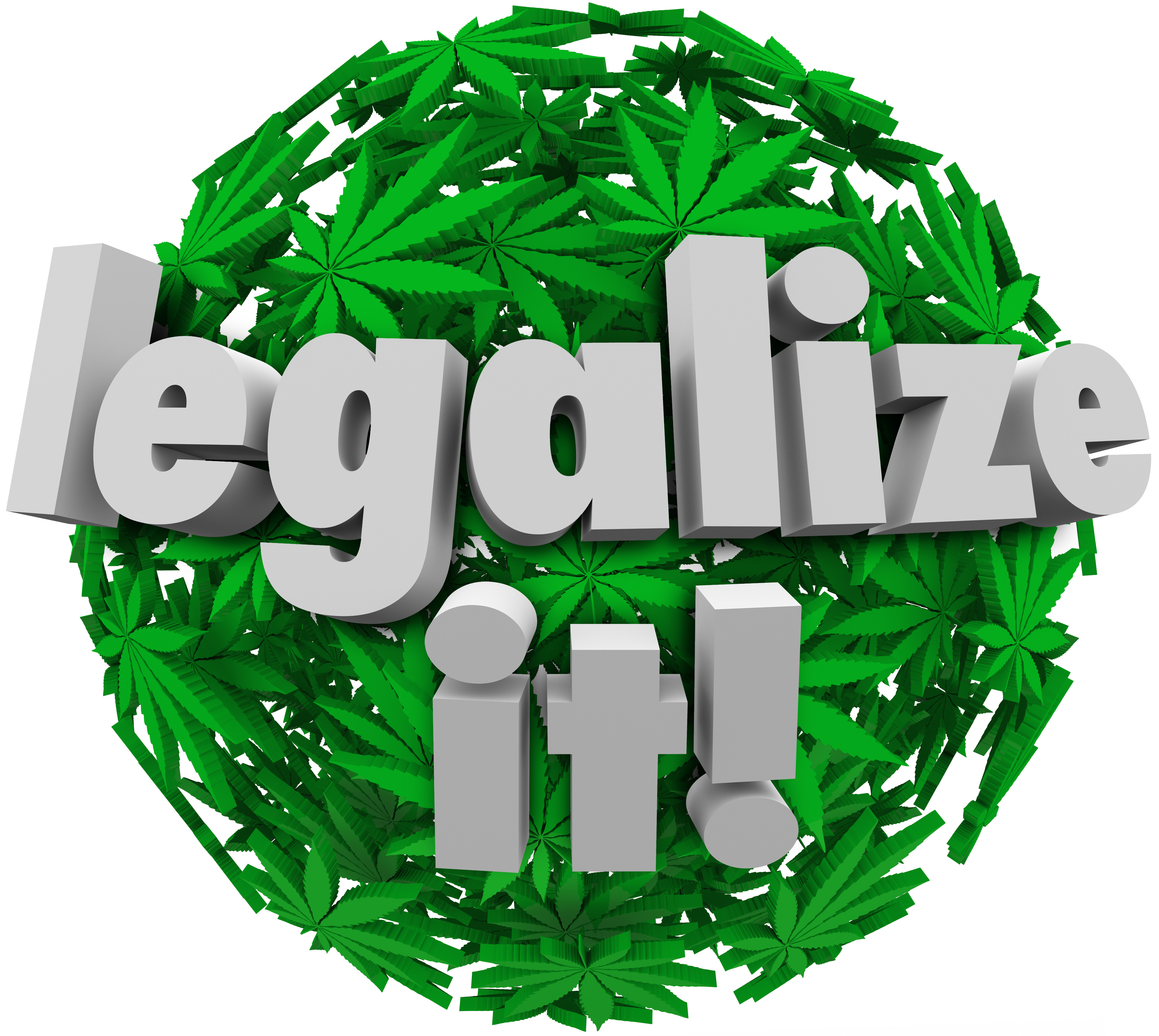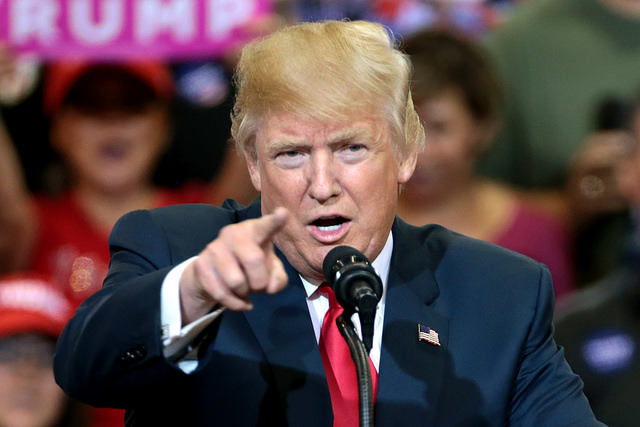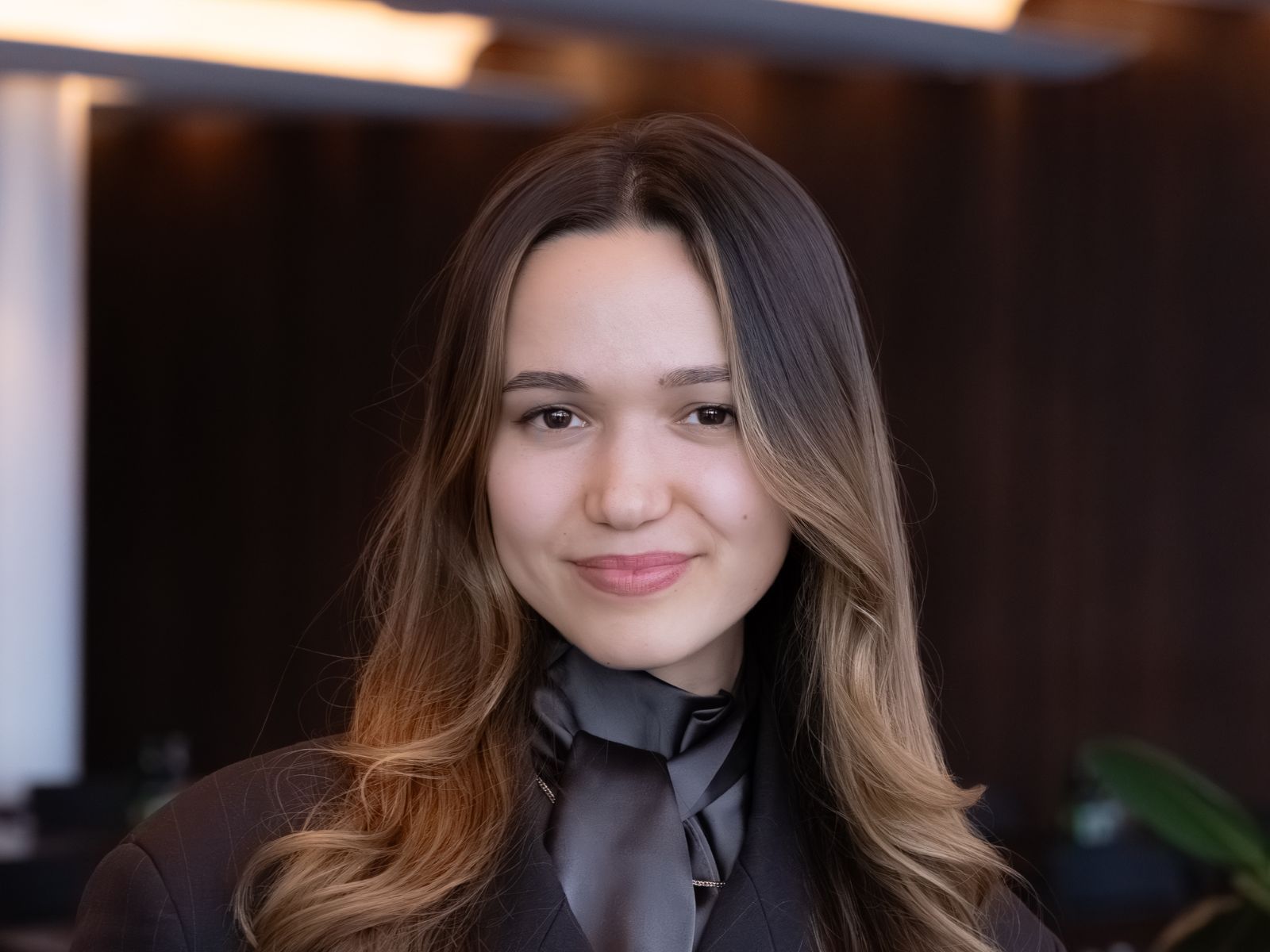
Trump Administration Calling for Comments on Cannabis Classification

Trump Administration Calling for Comments on Cannabis Classification
With the current UN Secretary-General, António Guterres, hailing from Portugal and previously touting his home nation’s progressive drug policies, and the recent World Health Organization (WHO) recommendation that CBD be descheduled, there has never been a better time for the international community to reclassify cannabis. How cannabis is viewed internationally will impact U.S. policy, and just ahead of the WHO’s Expert Committee on Drug Dependence meeting to discuss the classification of cannabis, the Trump Administration is calling for public comments on cannabis, as Tom Angell reported in Forbes:
Under current U.S. federal law as well as global drug policy agreements, marijuana is classified in the most restrictive category of Schedule I. At home, that means it is considered illegal and not available for prescription, while research on its potential benefits is heavily restricted. Cannabis’s international status means that nations who are signatories of drug control treaties are not supposed to legalize it, though that hasn’t stopped Canada and Uruguay from doing so.
Public comments on marijuana’s effects and legal status “will be considered in preparing a response from the United States to the World Health Organization (WHO) regarding the abuse liability and diversion of these drugs,” Leslie Kux, FDA’s associate commissioner for policy, wrote in a Federal Register filing published on Wednesday. ”WHO will use this information to consider whether to recommend that certain international restrictions be placed on these drugs.”
WHO’s Expert Committee on Drug Dependence (ECDD) is meeting in Geneva next month to consider the classification of marijuana and other substances, and is now seeking to “gather information on the legitimate use, harmful use, status of national control and potential impact of international control,” the United Nations body said in a notice excerpted in the FDA filing.
The Trump Administration has been a bit erratic on cannabis policy, but there are decent signs that we could implement a state’s rights policy on cannabis in the near future. Let’s make our voices heard loud and clear and call for cannabis to be descheduled altogether. A strong majority of voters across the U.S. sensibly want cannabis to be treated like wine and beer. Let’s keep working step by step to bring more freedom, jobs, and revenue to our nation, and across the globe.
Learn the latest about cannabis policy in California, the U.S., and the world at the International Cannabis Business Conference in San Francisco on February 7-8, 2019. Don’t miss your opportunity to network with top investors and entrepreneurs from around the world. Purchase your early-bird tickets by January 18th to save!
Share article


Share article
Join Our Awesome Community
Join Our Awesome Community
Join Our Awesome
Community
Get all the latest industry news
delivered to your inbox





